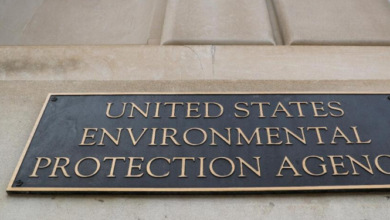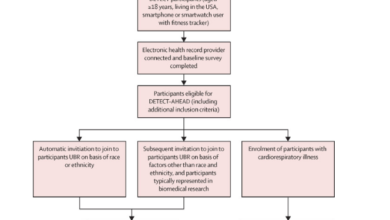“Preparing for Potential Dengue Fever Risks at the Paris Olympics”

The Olympics hold immense significance for many reasons, particularly for uniting athletes and spectators worldwide in one location. However, concerns are mounting among scientists about the potential for the Games to become a hotspot for spreading dengue fever.
Olympics
French authorities have enlisted “dengue detectives” to monitor the Olympics Asian tiger mosquito in Paris, where the Olympics will take place, as reported by The Telegraph. Factors such as increased global travel, warm and humid weather, and climate change have facilitated the proliferation of these mosquitoes, known carriers of dengue fever. Furthermore, rising temperatures globally have led to sightings of dengue-carrying mosquitoes in 13 European countries, The Telegraph notes.
Dengue fever is not confined to Europe; it has been identified worldwide and is on the rise in the United States, according to data from the Centers for Disease Control and Prevention (CDC).
But what exactly is dengue fever, and why is its potential spread a concern? Here’s the breakdown:
What is Dengue Fever?
Dengue fever is a viral infection transmitted to humans through the bite of an infected mosquito, according to the World Health Organization (WHO). Commonly referred to as break-bone fever, dengue is prevalent in tropical and subtropical regions. In severe cases, dengue fever can be fatal.
Symptoms of Dengue Fever
Most people infected with dengue experience mild symptoms or none at all, recovering within one to two weeks, according to the WHO. Symptoms typically manifest four to 10 days after infection and may persist for two to seven days. They include:
Olympics High fever (104°F)
Severe headache
Pain behind the eyes
Muscle and joint pains
Nausea
Vomiting
Swollen glands
Rash
In subsequent infections, individuals are at risk of developing severe dengue fever, marked by:
Severe abdominal pain
Persistent vomiting
Rapid breathing
Bleeding gums or nose
Fatigue
Restlessness
Blood in vomit or stool
Excessive thirst
Pale, cold skin
Weakness
According to the WHO, individuals often experience fatigue for weeks after recovering from dengue fever.
Treatment of Dengue Fever
There are no specific antiviral medications for treating dengue, as per the CDC. Supportive care, such as acetaminophen to alleviate fever and pain, is typically provided.
Is There an Outbreak at the Paris Olympics?
While there is no current outbreak, French officials are wary of the potential for one. The Greater Paris Regional Health Agency (ARS) launched a surveillance initiative on May 1, deploying 526 mosquito traps for monthly testing, reports The Telegraph. Trap locations include the Stade de France, the Olympic Village, various fan zones, and three major airports in the city.
This operation will continue until November, with the Olympics identified as a “significant risk for disease transmission,” according to the publication. Approximately 16 million visitors are expected in Paris for the event.
Olympics Cécile Somarriba, director of health monitoring and safety at ARS, emphasized the critical nature of the Olympic Games as a period of heightened vigilance: “We are prioritizing surveillance in areas that will host large gatherings, where the risk of transmission is greatest,” she told The Telegraph.




